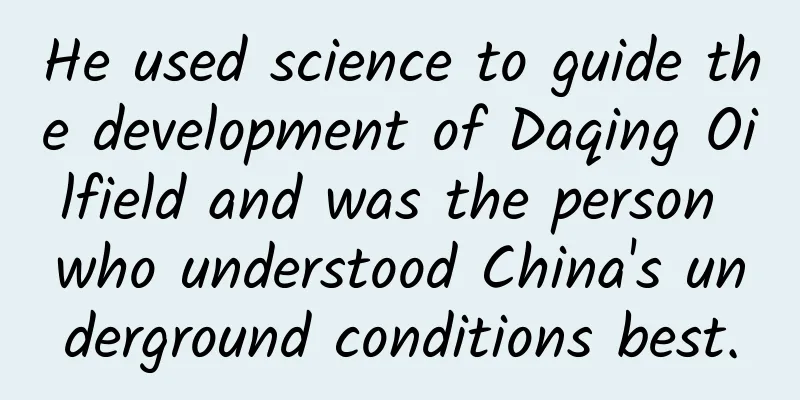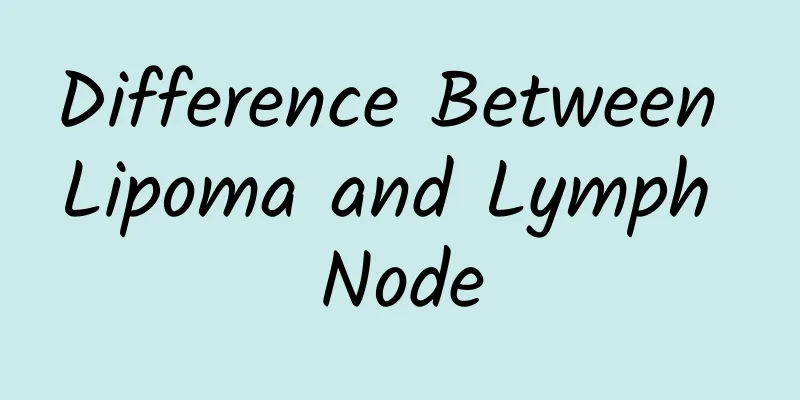What to do if you are allergic to pepper

|
Sichuan peppercorns are a unique condiment in China, mainly grown in southern my country. They are spicy and can numb the tongue. People in some humid areas often eat Sichuan peppercorns to remove moisture and retain heat. Sichuan in my country is not only famous for its chili peppers, but also for its Sichuan peppercorns. The Sichuan peppercorns produced in Sichuan are not only spicy. It also has a fresh fragrance and is deeply loved by outsiders. However, some people do not produce antibodies to Sichuan pepper and are prone to allergies to it. If you are allergic to Sichuan pepper, you can master these methods to relieve the allergic symptoms. 1. First of all, people who are allergic should be forbidden to eat peppercorns for life; secondly, they should pay attention to eating more fruits and vegetables, drinking plenty of water, and eating a light diet; finally, they should go to the hospital for an allergen test to find out what foods or pollen, dust, etc. they are generally allergic to, and they should avoid contact with them in normal times. 2. In fact, there is currently a lack of effective treatment for allergies to chili peppers and Sichuan peppers. In principle, prevention is the only approach. Once it is confirmed that you are allergic to pepper, cashews, or peanuts, you should avoid contact or consumption of these foods for life. When an allergic reaction to Sichuan pepper occurs, we can only recommend taking anti-allergic drugs, such as loratadine, dexamethasone, etc. If it causes itchy skin, you can wash it with sulfur soap to relieve itching and kill bacteria, drink plenty of water to dilute the effect of Sichuan pepper, and the most important thing is to seek medical attention in time. 3. Allergic reactions may manifest as itching, numbness, swelling, and tingling of the oropharyngeal mucosa, numbness and swelling of the tongue, itchy ears, sneezing, and itchy eyes; swelling of the lips and face, itchy skin, erythema, and wheals all over the body; burning pain in the esophagus and stomach, abdominal cramps, vomiting, and diarrhea; laryngeal edema, acute asthma attacks, and difficulty breathing; palpitations, syncope, and shock, etc. Note: Pay close attention to itching of the oropharyngeal mucosa at the beginning, as it may progress to anaphylactic shock. 4. The allergen of Sichuan pepper comes from the seeds, not the skin. Sichuan pepper is extremely allergenic and even a small amount of intake may cause severe allergic reactions. In severe cases, anaphylactic shock may occur. According to relevant food regulations in my country, the content of pepper seeds in commercially available peppercorns should not exceed 2%, which means that people are more likely to eat pepper skins than pepper seeds. Patients who are allergic to Sichuan pepper sometimes do not have an allergic reaction when they come into contact with Sichuan pepper. This may be because the Sichuan pepper they eat does not contain Sichuan pepper seeds, or because the allergenicity of Sichuan pepper seeds has been reduced and disappeared during food processing. |
<<: Artemisia argyi and honeysuckle make eczema more serious
>>: Side effects of kumquat jam
Recommend
What are the benefits of eating deer antler?
Deer antler is a very precious medicine. Deer ant...
The efficacy and function of sedge root
The environment is now seriously deteriorating an...
International Seal Day丨How did the spotted seal, a shore “larvae”, become a diving champion?
March 1st of every year is "International Se...
The role and function of vitamin C
Vitamin C is a nutrient required by the human bod...
What are the functions of Radix Pseudostellariae?
Nowadays, traditional Chinese medicine is becomin...
Artificial intelligence, “abandoning” real data sets?
Currently, artificial intelligence technology has...
What are the therapeutic effects of Peony Hay Soup?
This prescription has been introduced in many anc...
The efficacy and function of slurry
Do you know Jiangshui? It is a common Chinese med...
What are the medicinal effects of Cistanche deserticola?
Cistanche is a traditional Chinese medicine that ...
Hedyotis diffusa
Many people may not have heard of what Houttuynia...
If you want to lose 10 pounds before summer, start eating like this now!
As the temperature rises day by day, everyone'...
The efficacy and function of spleen cold grass
Chinese medicinal materials are very effective in...
What are the effects of French Pinellia
French Pinellia is a common Chinese medicinal mat...
Pueraria root nature and flavor meridians
I believe everyone has eaten Pueraria root in the...
How to boil water with Dendrobium
We all know that the nutritional value of Dendrob...









